
















History of Café de Costa Rica
A 210-year history
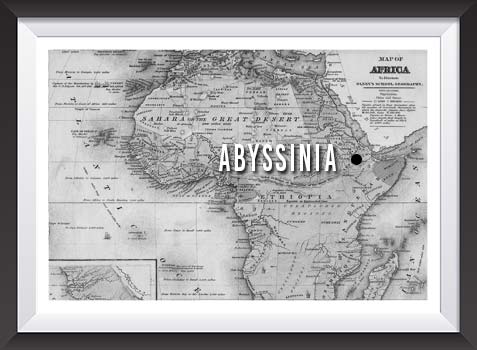
575 C.E.
The use of coffee beans is discovered in Abyssinia, now Ethiopia.

1723
French settlers take coffee to Martinique island in the Caribbean.

1796
More profitable crops, such as coffee, are grown.

1809
Priest Félix Velarde starts growing coffee in Costa Rica.

1816
Father Velarde dies. He states in his will:
“…I am leaving an 8-year-old coffee plot, which shall produce several fruit arrobas…”
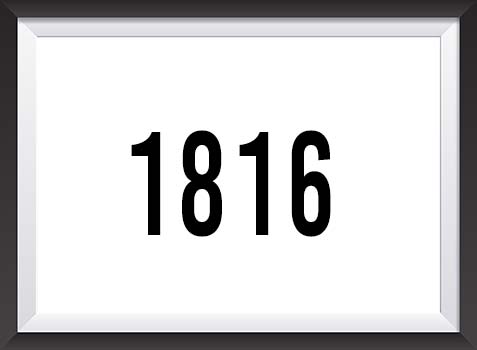
1816
Costa Rica is the first Central American country to develop the thriving coffee industry.

1820
First export of a coffee quintal to Panama.

1821
Costa Rica’s independence.
The Municipality of San José distributes free coffee seeds to neighbors to promote their sowing.

1830
Coffee trade fosters the establishment of the first printing press in Costa Rica.

1831
The State grants title deeds for coffee plantations.

1832
The first coffee export to England, through Chile, is achieved under the name of Café Valparaíso.

1836
Foundation of the Post Office.

1840
The construction of the San José – Puntarenas highway is finished.
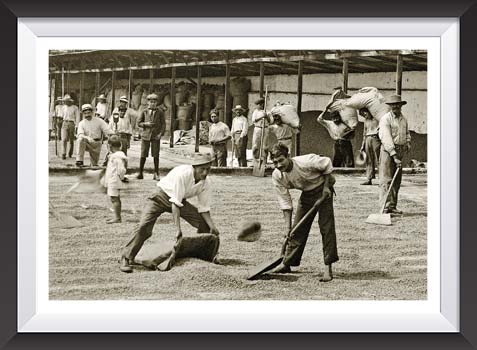
1840
Coffee plantations are ordered to be started to the west of San José, Pavas
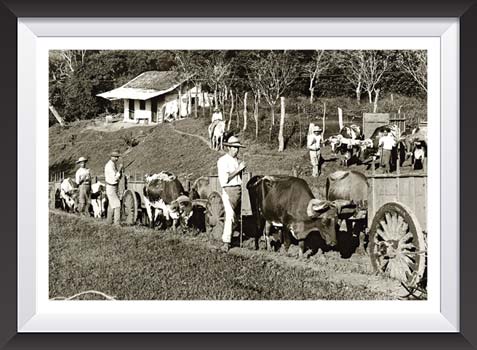
1840
440,000 quintals of coffee are transported annually to Puntarenas. Each cart carries 10 quintals, that is, more than 44,000 trips per harvest are needed. It takes eight days each way (January, February, March and April).
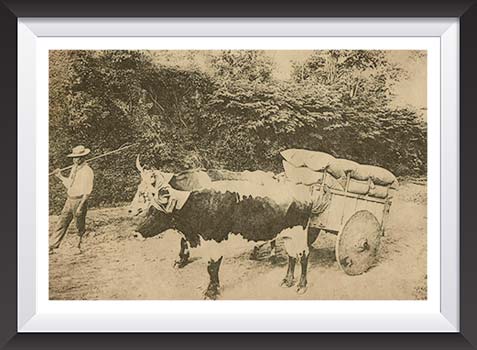
1840
Considering repairs and breaks, each drover makes 4 or 5 trips per season.
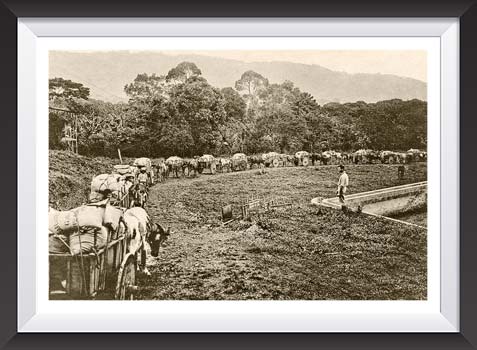
1840
Between 5,000 and 10,000 carts participate in coffee export activities. Endless lines of carts cause the government to regulate how they should be driven and the drovers’ behavior: they must go in front of the oxen, guiding them.

1843
First direct export of coffee to England.
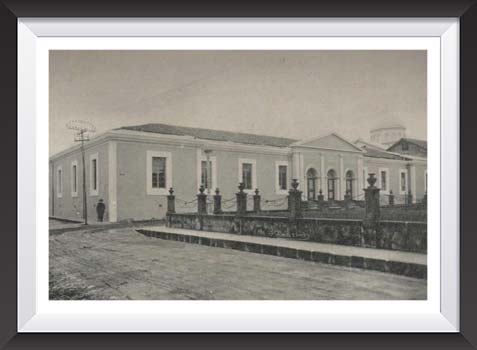
1843
The economic development from coffee prompts educational reforms, such as the establishment of the Santo Tomás University, the first higher education institution in Costa Rica.
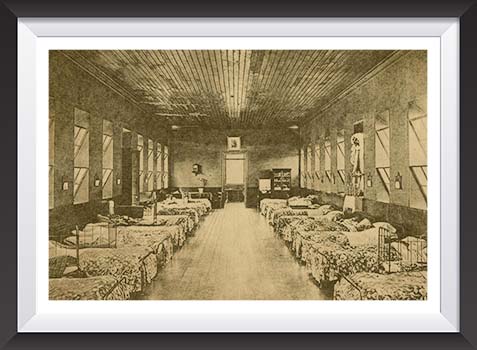
1845
The San José Hospital is created, today known as San Juan de Dios Hospital.
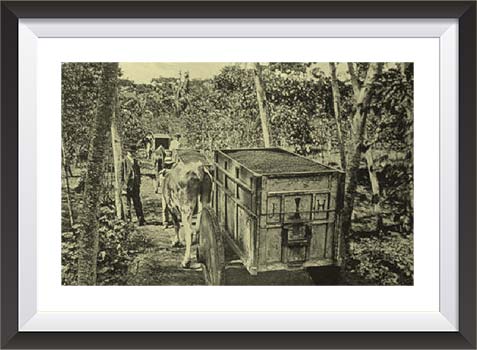
1846
Coffee is the only product exported. This trend continues until the year 1890.

1860
Coffee export to the United States begins.

1863
Banking develops rapidly: Banco Anglo Costarricense, Banco la Unión, Banco Internacional.

1871
Construction of the Atlantic railroad.

1890
To encourage development, the Government imposes an export tax on coffee.

1897
The National Theater is built.

1903
The construction of the Pacific railroad ends.

1933
The Costa Rica Coffee Institute or ICAFE is created (Law No. 2762), a non-state public entity that promotes coffee production.

1986
SINTERCAFE is created, currently the largest coffee event that takes place in a producing country.
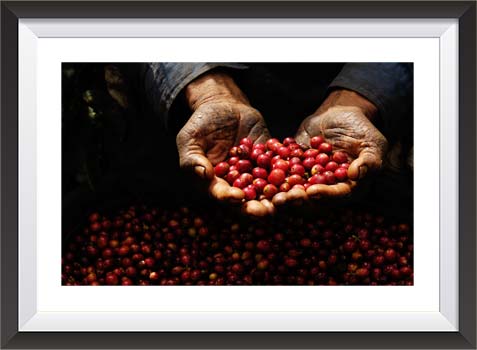
2001
ICAFE launches the National Coffee Plan, which improves the conditions in which Costa Rican coffee is produced, processed and marketed.

2007
The first cupping competition in Costa Rica is held (10 of the best coffees are selected).
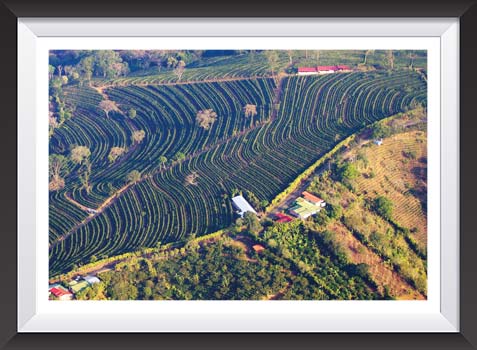
2010
The National Coffee Renewal Plan is created to replace 30% of the coffee area in Costa Rica.





